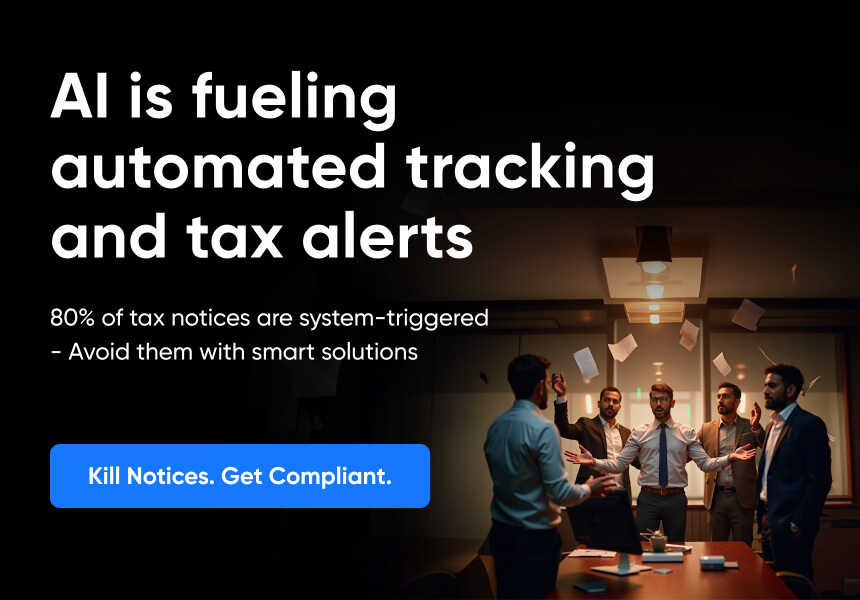Challenges and Issues in Supply Chain Management in India
The prosperity of any business entity is influenced by supply chains that are running effectively. In fact, the issues faced with regards to supply chain management in India are not uncommon, and they must be dealt with effectively by companies. This article will look at some of the challenges impacting supply chain management and tips on how to handle them effectively.
Challenges of Supply Chain Management in India
Here are the common challenges faced by businesses while managing their supply chains:
- Material Shortages: One of the key issues with supply chain management is that there is a material shortage when demand from customers suddenly increases. The problem is further aggravated by reliance on a few suppliers with a lack of other alternatives.
- Rising Costs: Labour, raw materials, and transportation are necessary for continuing operations. The challenge lies in increasing costs associated with these activities, which have made it difficult to maintain operations or product quality.
- Multiple Sales Channels: For customers, they may find it easy selecting from different sales channels like online stores, mobile apps and physical stores where they purchase their products but for companies this has become a major source of concern in managing their supply chains. This complicates the entire process since each channel requires distinct supply chain strategies.
- Longer Delivery Timelines: Companies must do whatever they can to keep their customers pleased as well as to stay competitive. One of the key steps is ensuring that customers get deliveries quickly. However, long lead times always disturb the balance between demand and supply making it difficult for businesses to fulfil customer requirements on time.
- Managing Data: In today’s business world, data is everything. Various tools facilitate data collection, however, consolidating and interpreting this data is not an easy task, thus posing a great challenge in relation to supply chain management.
- Hiring Qualified Staff: Supply chain management faces a shortage of skilled professionals. This remains an ongoing problem because finding workers with the relevant skills and experiences is a Herculean task.
- Providing Quality Customer Service: Customer tastes and preferences change rapidly. Hence, supply chain strategies have to be quick enough to change and adapt as well. The ability to meet these changing customer preferences while offering excellent service at low cost remains a continuous battle.
- Lack of Visibility: Inadequate visibility in the supply chain, including the lack of proper visibility of inventory levels, create delays and disruptions that might lead to overstocking or shortages. Poor visibility also affects brand image and customer relations because the products are often untraceable.
- Technology Adoption: Many businesses have yet to adopt new technologies to improve their supply chain operations. Due to this slow adoption, businesses have come to find it difficult to get an edge over other firms in warehousing and delivery logistics.
How to Overcome the Challenges of Supply Chain Management
These are the steps that businesses can take to overcome the supply chain management challenges:
- Automation is key. Supply chain automation will help businesses to improve their inventory management and reduce the costs associated with warehousing. Businesses will also be able to respond efficiently to customer requirements.
- Next, it is important to build strong relationships with the manufacturers, suppliers and industry regulators. To achieve this, businesses can use software solutions. These solutions provide real-time updates and automated permissions to streamline the business operations.
- Another best practice is to improve the supply chain visibility. From procurement to delivery to the end consumer, there must be a complete visibility in the supply chain. Tracking systems can assist by enabling businesses to identify inefficiencies.
To sum up, enterprises can avoid challenges in supply chain management by adopting preventive techniques, such as digitising and automating key functions of the supply chain, effectively managing vendors, and improving overall visibility.


